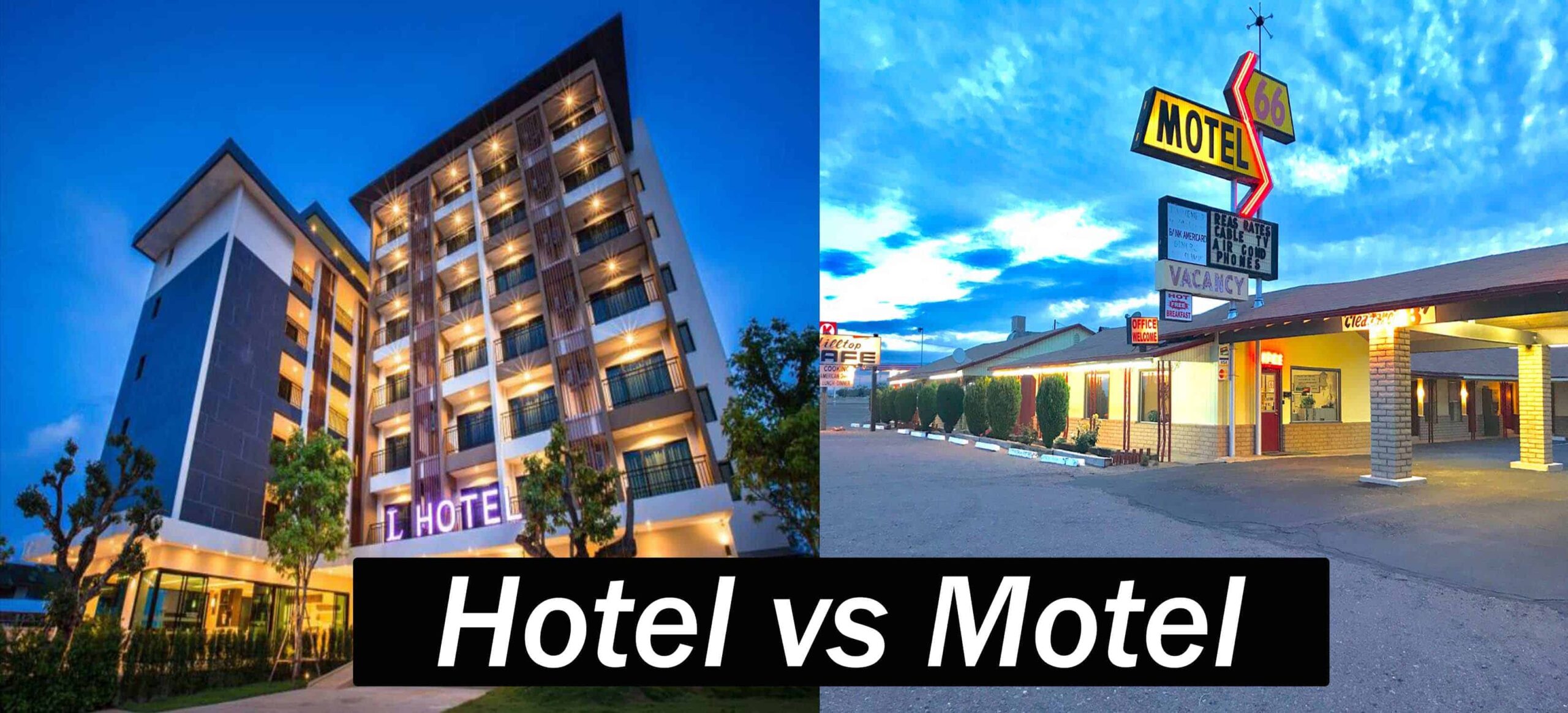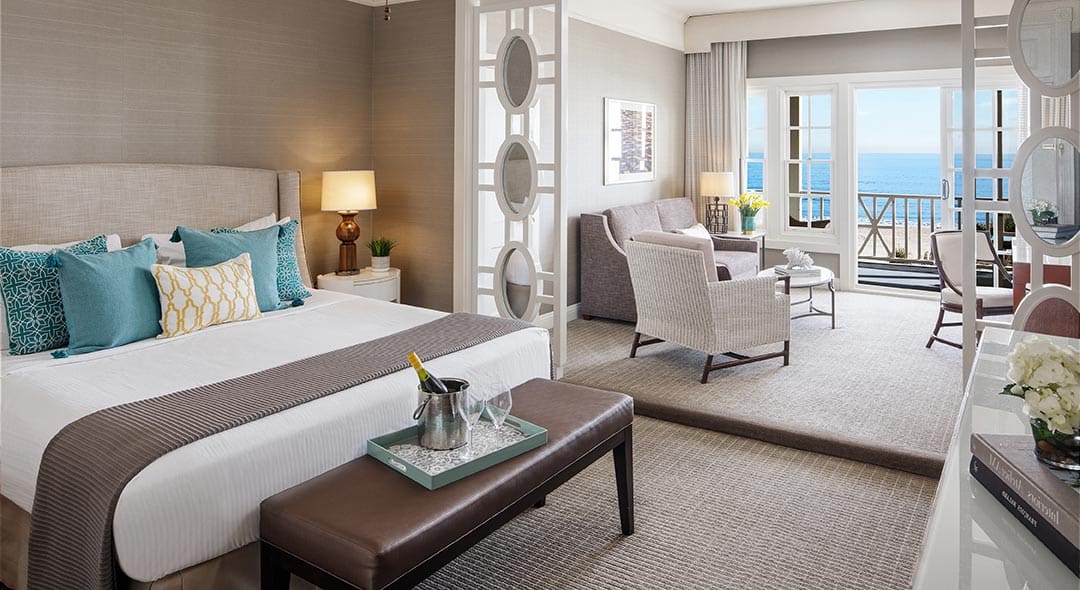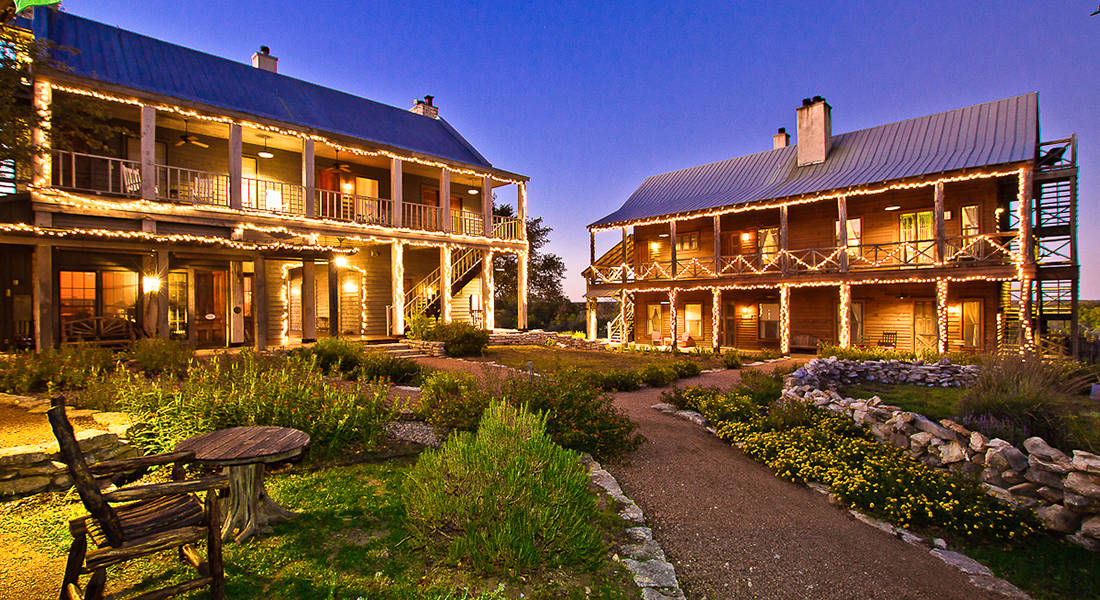
Hotel vs Motel vs Inn
When you’re preparing for a trip, you have some significant details to work out ahead of time. Your purpose, the interval of your stay, where and what you’ll eat, where you’ll stay, and more. And sometimes you may struggle to understand the difference between the various types of accommodation.
For most of the travelers, the choice comes down to three types of accommodations, hotels, motels, and inns. Each has a different purpose and has a difference in price.
So what’s better for you? Completely depends on what types of accommodation you are comfortable with and what types of service you prefer. Besides their first letter, there is some real difference between hotels and motels.
A hotel is an option where a single appearance and rooms are all accessed from interior hallways. On the other hand, a motel is near a road or Regional highway where clienteles can park near their place. Each room has a separate entrance.
https://www.youtube.com/watch?v=xZwY6EKo5Ow
Hotels
The word “hotel” comes from a French word, hôtel. This word refers to a place that provides paid lodging to tourists and may also provide a number of other services or amenities, such as a restaurant, swimming pool, and spa.
Hotels have built with interior corridors that the various rooms are off of The staff is fitted with multiple rooms, each suited with beds, duvets, cushions, a bathroom, and everything else obligatory for lodging guests. The service offered is related to the price paid and sometimes.
Hotels typically offer short-term stays and most people reserve rooms for numbered days or months. A standard hotel room can accommodate 2 persons. If you book a suite then you can stay with 4-6 persons.
The architecture of hotels varies from place to place. Hotels are set on a quality scale through a star rating system and this system is designed to measure the quality of hotels.
However, almost all the hotels provide a sense of luxury to a certain level and make your vacation pleasant. That’s why hotels are typically more expensive than motels.
Hotels are mostly found in business areas, near airports, sports arenas, downtown, etc.

The pros of a hotel
Nearness
One of the most significant demands of staying in a hotel is its proximity to other locations. Most hotels are located in business districts, centers, or metropolitan areas. It makes it very easy for tourists to get to where they want to go without the bother of driving or taking public transportation service.
Tours & Things to do hand-picked by our insiders
General Amenities & Staff
Travelers are looking to enjoy their space as much as their destination can find pleasure in staying in a hotel. Hotels incline to be much larger than a motel or inn.
It has star ratings and a diversity of Service. Many amenities also come standard at most hotels such as Wi-Fi, fitness centers, In-room toiletries, On-site dining.
Most spaces have a short maximum stay hotel that can be booked for months, which is enormous for people attending training, relocating, or conducting extensive business. Hotels have many options available to fit the needs of travelers.
Level of service
Another salient feature of hotels is they serve the most basic needs with sheer perfection. They provide you with a comfortable clean bed to rest your head. Overall good room service.
Some hotels take the liberty of being creative with the pillow and blanket offerings, which is great—as long as the guest feels comfortable with the choices available to them.
A hotel’s concierge can help guests to book transportation, recommend the best local dining and attractions, and provide any toiletries a customer may forget at home.
Depending on the reason for the trip, meeting spaces are offered by hotels that are perfect for hosting events and conferences for the customer’s convenience.
Cons of a Hotel
More Expensive
Hotels can give you a fancy experience, offering many fantastic facilities, but this means that they are often expensive. Hotels can easily find an assortment of hundreds to thousands of dollars a night. They have many long term processes. And if you stay in luxury hotels then it will cost you more.
Hidden costs
There can be hidden costs that you aren’t expecting. Such as the mini-fridge carried with over-priced goods. If you use them, you need to pay extra at the end of your stay.
Large & Noisy
Hotels can be enormous, with many rooms lined up in long hallways. It means lots of walking if you are placed on the far side of the hotel.
Less Culture
Hotels are generally culture neutral Which likely means that the food will be familiar to tourists. The decorations are modern, and the interplanetary similar to every other hotel.
Motels
When the vehicle became the prevalent mode of road transport in the early 20th century, and freeway networks expanded, motels started to pop up. The word motel associations the words “motor” and hotel.”
So a motel is basically a hotel designed for motorists including a parking area for motor vehicles. Motels have a single building with connected rooms. The door of the connected rooms has a parking space. It is mainly booked for staying overnight after a long drive on a highway.
Motels are found on a city’s outskirts, providing space to park and a quick walk from the car to the room. The popularity of motels increased with the development of the modern highway system. Guests usually stop at the lodge overnight. Typically motel rooms are smaller in size and can accommodate two persons in one room.

The pros of a motel
Comfortable
The motel room has superior mattresses, which are as comfortable as those in far more expensive motels and hotels. It also has a parking lot service. Ideal for budget travelers who need a lodge only to sleep.
Does not extra charge
The Motel does not charge for local calls or any extra charge. There are no long-distance access fees.
Away from cities
Motels are away from cities. A working-class pace of life predominates.
Low Budget
Motels offer exceptional for budget travelers. They are an economical and easy way to get a good night’s sleep. Most motels come with a continental breakfast. It means that you can get up and take a decent bite to eat before heading on your way. They have conditional breakfasts.
Amenities
Motels, nowadays, serve some useful luxuries as in hotels to lure the potential guests. For the convenience of the guest, they are providing reliable high-speed Wi-Fi, toiletries, breakfast service, and shuttle service (transportation to either airport or popular tourist destinations), and other useful modern amenities.
Road Trip
Motels are the top choice for people who are road tripping, given their suitable location along major roads.
The Cons of a motel
Few Facilities
Motels are cheap. They do not have as many amenities as hotels like a gym and swimming pool. There will be only a couple of staff present to help you with your needs. They have breakfast, occasionally a pool, but that is it. Suppose you are looking for a traveler destination. You will not find what you are looking for in a motel.
Dirty
Motels are cheap. It means that they aren’t always 100% clean. Overused not so clean washroom is always a bad experience. The exercise of the cleaning staff may not always be perfect. Sometimes they are overloaded with work.
Many motels are perfectly clean.
Risky
They are not always the safest. The difference between hotel and motel is that entry doors are located on the exterior walls.

Inns
An inn is generally an establishment where travelers can seek lodging, food, and drink. Typically located in the country or along a highway. Before the arrival of motor transportation, they also provided space for horses. It is a Traditional house. Inns are a great place for a getaway lodge.

Pros of an Inn
Less Expensive
Like motels, inns on a budget, and sometimes they come with a complimentary breakfast! You will not be faced with tipping door assistants, being pushed towards expensive places, or discovering hidden costs after your stay.
Culture
It is located in rural settings. Often in smaller country towns. Inns are bizarre for getting a real taste of local culture. Inn proprietors tend to be friendly.
Intimate Settings
Inns are intended to feel homey. They are comfortable, spacious, and quiet. There are cozy public spaces available to socialize and relax.
Cons of an Inn
Fewer Amenities
Similar to a motel, inns lack facilities. A family usually runs them. So there is little staff.
Irregularly there are dining options. You will need to find most of your food and entertainment outside of the inn.
No Ratings
Inns do not obtain star ratings. Like hotels unless they are in the central tourist location. You likely won’t know the quality of the accommodation until you arrive. While the reviews might be positive, you do not have a controlled system to compare it what might be treated to someone could be the average to another.
Short-Term Service
Given the small size of an inn, they do not allow for a long-term facility. Most inn explorers tend to stay for one night to a week before continuing on their way.
What’s the Difference Between a Hotel and Motel and Inn?
Size
Hotels have Extensive buildings with hundreds of rooms across different floors. Motels have traditionally had one or two feet. Another hand, an Inn has no access place.
Common areas
The hotel has a reception or lobby area with a concierge. Bellman and other hotel staff.
Motel often rooms are directly nearby from the parking lot without having to pass through a lobby. An Inn has no access to things.
Property amenities
The hotel has a restaurant and bar facilities. Conference rooms and public spaces, gym, spa. Another hand, sometimes, motel feature free early morning breakfasts, laundry machines. But an Inn doesn’t have any extra public space, gym, and spa.
Room amenities
Hotel room service has many facilities. It has a mini-fridge. It is also a very safe place other hands, Motel’s stick to the basics, providing a secure, clean place to sleep. An Inn rarely has a fridge system. While both styles of lodgings are widely seen in the United States and Canada, they can also be found when you travel to other countries around the world.
Other differences
Hotels and motels also differ in price and often in the duration of stay for guests. The cost of hotel accommodation depends on the location; a four-star hotel in a small or mid-sized city might cost far less than a lesser motel in a more expensive area of the country like the United States (New York or Los Angeles).
As for duration, hotels are built for longer stays; many are located in cities with attractions within walking distance, and some called extended-stay hotels, are built for guests who intend to stay for weeks or months.
Motels, by design, offer shorter-term accommodations: Many are located in remote areas and provide travelers with a place to sleep for a night or two.
An exception would be a long-term motel guest — someone, perhaps, who lost a home to fire or is new in a particular city. He might live there for several weeks or months while arranging for a more permanent home.
Where Should You Stay?
So when you are choosing your accommodation, how will you know to choose between a motel vs hotel vs inn? There are many alterations between a Hotel, Motel, and inn.
Each place provides a different set of structures for its mark audience. What is within your budget, and what will make you happiest. Make sure to take a peek at their reviews and then book it!

I’ve always wondered what the difference was between a hotel and a motel. This post was an eye-opener. Thanks